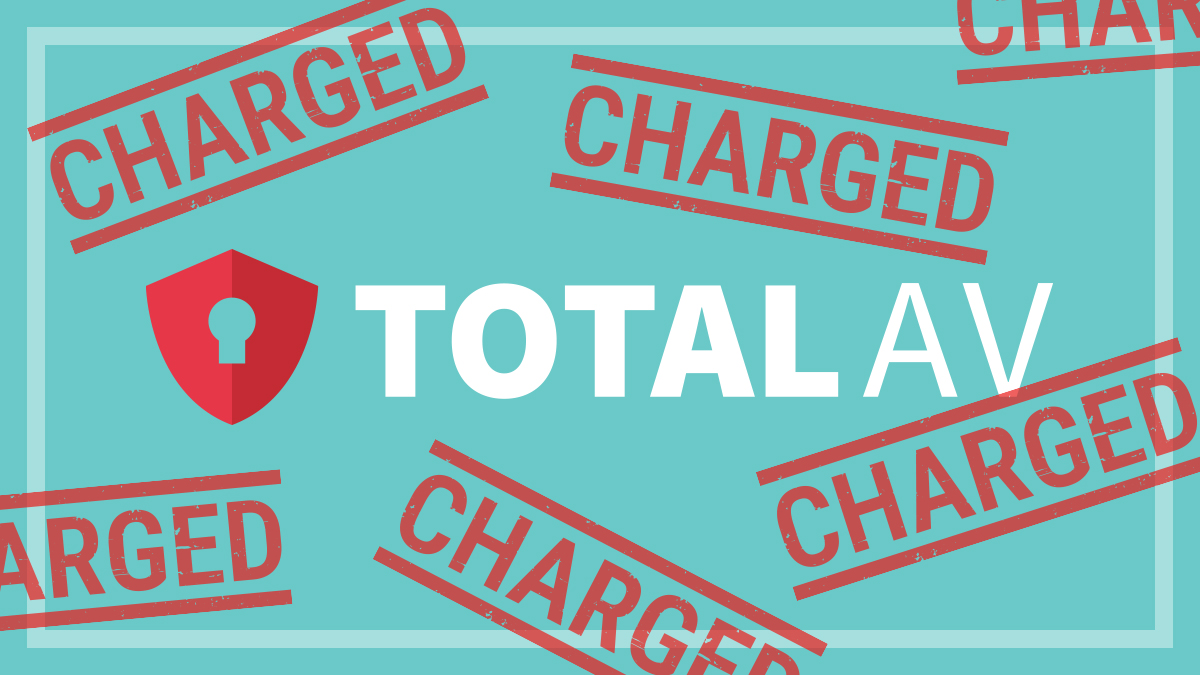Get our independent lab tests, expert reviews and honest advice.
Indigenous students still struggling with debt legacy from education loan scandal

Need to know
- Indigenous students in far north Queensland are struggling with the debt legacy from the education loan scandal
- Problems can arise years later when former students lose money at tax time
- Financial counsellors say the scandal has left students disengaged from further study, as well as in debt
The federal education VET FEE-HELP loan scandal is no longer frontpage news, but for some students the debt legacy is still very real.
For several years dodgy education providers around Australia signed up students, often in socioeconomically vulnerable communities, to low-quality education courses with the promise of ‘free’ laptops, among other incentives. The students got a laptop in order to study, but were sometimes left with tens of thousands of dollars of debt owed to the Commonwealth.
Some students had little prospect of completing courses, and many courses were of extremely low quality.
Some students had little prospect of completing courses, and many courses were of extremely low quality
The government cracked down on dodgy education providers tapping into its loan program in 2016, and many debts have been waived.
But years later some students are still struggling with the debts and have been so far unable to get redress or loan waivers.
Jayah’s story
One of these students is Jayah (not her real name), an Indigenous woman who lives in a remote community in far north Queensland.
The young single mother travelled to Cairns to study for a Diploma of Business in 2016 after a door-to-door salesperson signed her up to the course with a ‘free’ laptop. She says she was told that she would never have to repay the money, as she wouldn’t be earning above the tax threshold for repayments.
I wanted to excel, to go further with my study and work. And obviously trying to just pretty much get another thing underneath my belt
Jayah, an Indigenous single mother from Queensland and former student
Jayah was working in hospitality at the time and was keen to further her career prospects. “I wanted to excel, to go further with my study and work,” she tells CHOICE. “And obviously trying to just pretty much get another thing underneath my belt.”
She says she quickly realised that the course was a sham and that the teacher, who was also teaching a range of other unrelated diplomas, “didn’t have a clue”.
“When I asked a question they just said ‘go read the book again’, I don’t need to pay someone to read a book,” she says.
Still in debt
Jayah’s debts to the government from the course, which she didn’t complete, were about $12,000. In recent years, as her earnings in hospitality have climbed, thousands of dollars have come out of her tax return to repay the course – from which she says she got nothing.
“I am a single mum, so it is hard,” she says. “Especially knowing that every time I got a tax refund, I’m not going to get it back. That’s just money falling down the drain.”
Redress scheme
The Commonwealth Ombudsman manages the VET FEE-HELP student redress measures for students like Jayah who have been saddled with debts following the scandal.
The redress scheme was recently extended until December 2022. According to the scheme, students can have all or part of their debt waived in cases where the education provider acted ‘inappropriately’.
Examples of inappropriate conduct include, “being offered an incentive (such as a laptop) to enrol even though the person had no intention of completing the course. Failing to provide accurate information about the course before the person enrolled, leading to the person enrolling in a course that wasn’t suitable and was different to what they believed. Not withdrawing a student’s enrolment when asked to do so by the student, leading them to incur a VET FEE-HELP debt”.

Double harm
Zach Wildy, a financial counsellor assisting Jayah, says her case is currently before the Ombudsman.
He says he’s seen at least three similar cases involving ‘illegitimate’ debts for courses that weren’t delivered. Other financial counsellors in the region say they’ve seen cases too.
She felt quite let down. She really wanted to do something to boost herself up to another level of income and she just didn’t receive that
Zach Wildy, financial counsellor assisting Jayah
Wildy says the harm from cases like Jayah’s is twofold – the first being the immediate financial harm in the form of debt, the second being that the burden is a disincentive to further study.
“She felt quite let down,” Wildy tells CHOICE. “She really wanted to do something to boost herself up to another level of income and she just didn’t receive that with this. To add insult to injury, she’s been burdened with a pretty hefty debt on top of that.”
Court action
The courts have also taken action on the back of several investigations by the ACCC.
In December last year, the Federal Court ordered $153 million in penalties against Australian Institute of Professional Education, a company that has gone into liquidation, over misleading and deceptive conduct in signing up students to online diploma courses.
“This is the highest total penalty amount ever imposed under the Australian Consumer Law, which reflects the appalling conduct engaged in by AIPE and the substantial benefit it gained as a result of the conduct,” ACCC Chair Rod Sims said.
‘Policy disaster’
Dr Mary Leahy is senior lecturer at the Centre for Vocational and Educational Policy at Melbourne University. She says that although the sector has largely been cleaned up, she isn’t surprised that the “policy disaster” that was the VET FEE-HELP loan program is having lasting ramifications.
“The consequences of that debt may not have become apparent until sometime later for many of these students,” she tells CHOICE. “These providers were targeting people who were quite marginalised for various reasons.”




